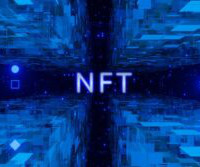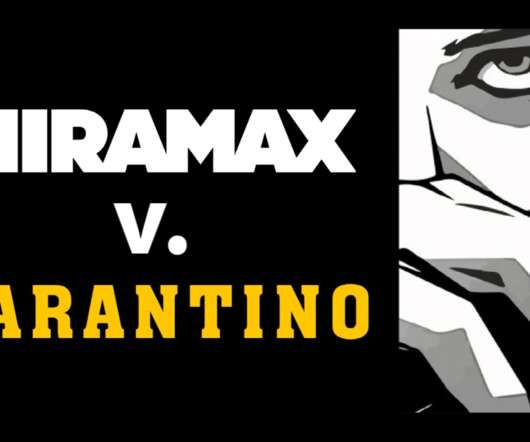A Brief Thematic Review of Non-Fungible Tokens and their Copyright
IP and Legal Filings
JANUARY 23, 2023
In today’s digital world, a lot of data and information have been shared online and are susceptible to corruption and copying. Due to the recurrent copyright difficulties, which have a significant impact on an individual’s business interest, it is imperative to preserve the ownership rights of digital works.











Let's personalize your content